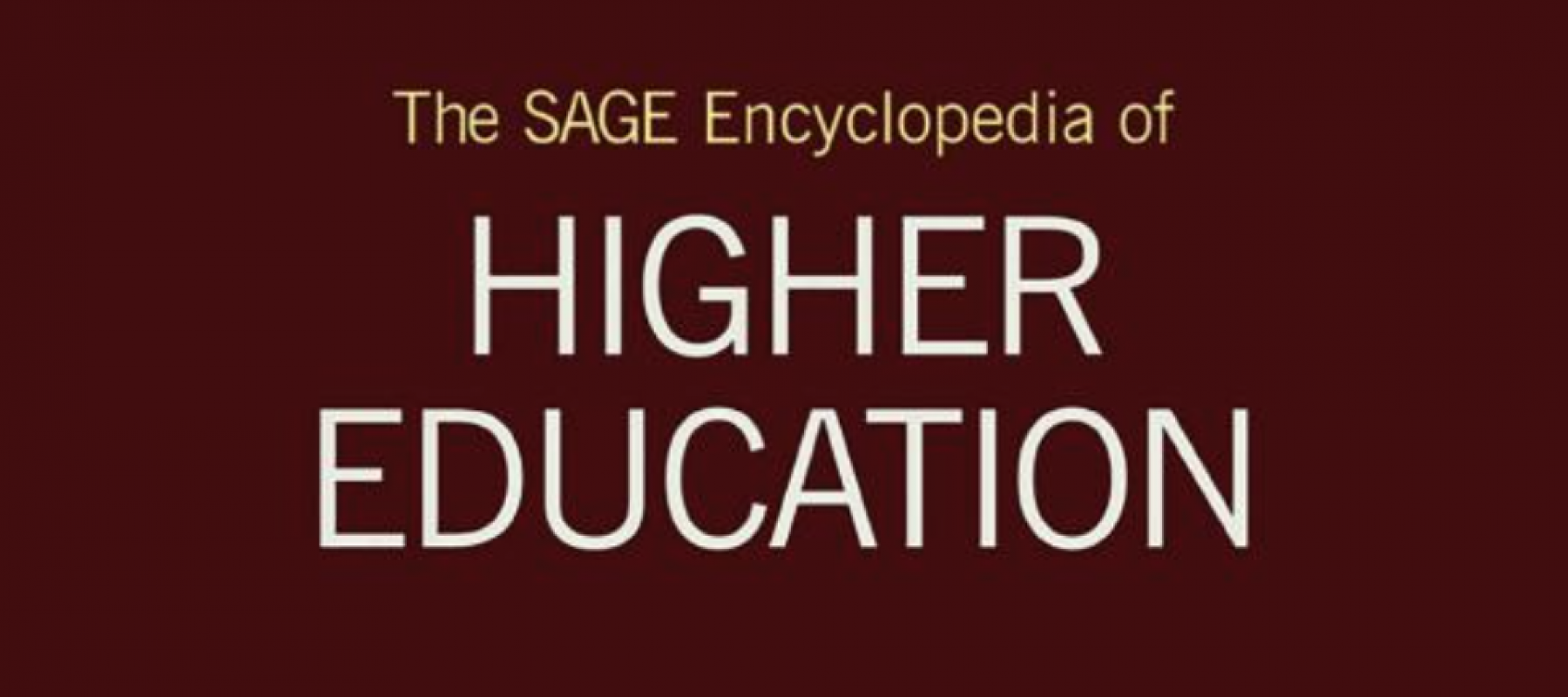
Dr. Marilyn Amey Co-edits The SAGE Encyclopedia of Higher Education
Dr. Marilyn Amey, Professor of Higher, Adult, and Lifelong Education and Chairperson of the Department of Educational Administration, co-edited an encyclopedia focused on the study and influence of higher education on universities and global economies.
Dr. Marilyn Amey, Professor of Higher, Adult, and Lifelong Education (HALE) and Chairperson of the Department of Educational Administration (EAD) at Michigan State University, worked alongside Dr. Miriam David, Professor of Education at University College London, to create, compile, and edit an extensive encyclopedia of higher education. The volume includes over 600 entries that present topics of higher education with global interest.
The encyclopedia is an accessible resource for a wide audience and offers both broad coverage and more culturally nuanced or specific discussions of higher education topics, key concepts, approaches, schools of thought, and debates. In other words, this encyclopedia serves as a starting place for all those interested in higher education. Written by internationally known experts in their field, emerging scholars, and advanced doctoral students, each entry or essay provides a critical perspective informed by research in order to enhance readers’ holistic understanding of the topic or issue. Each essay also provides useful additional resources and, often, draws conceptual connections or links to other topics featured in the collection. This work was intentionally designed to combine historically important higher education topics and discussions with current and future-oriented ones, which enhances the utility and shelf-life of this resource for years to come.
Alongside Dr. David, Dr. Amey led an editorial team, advisory board, and over 500 authors who dedicated the last five years to bringing this work into fruition. This committed group of individuals including current HALE students, such as Chelsea Noble, HALE doctoral student, who stepped in as the project’s managing editor, HALE alumni who brought their own students and networks into the project, and friends and colleagues of the HALE program from across the globe.


